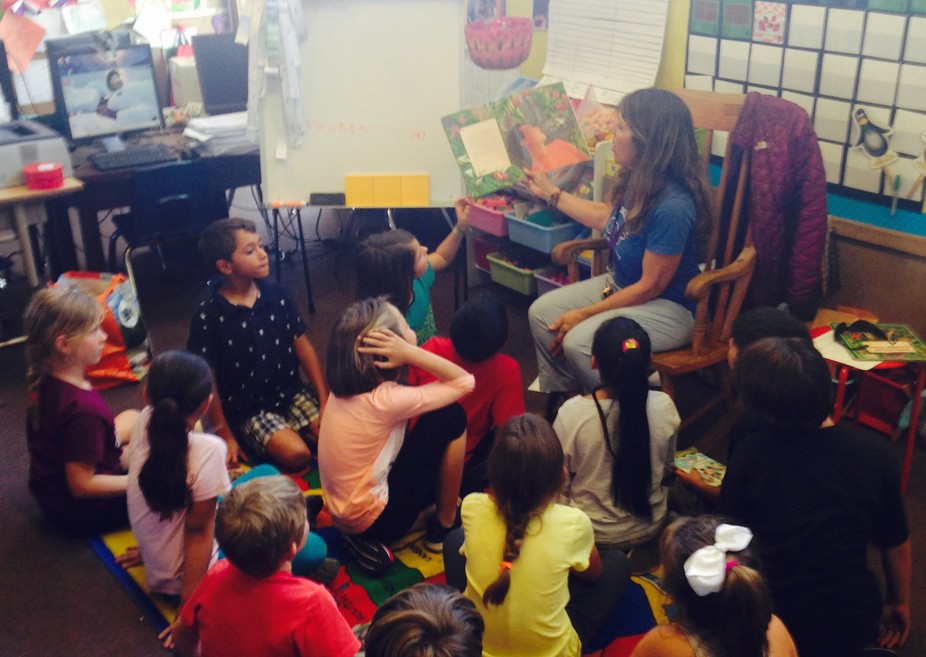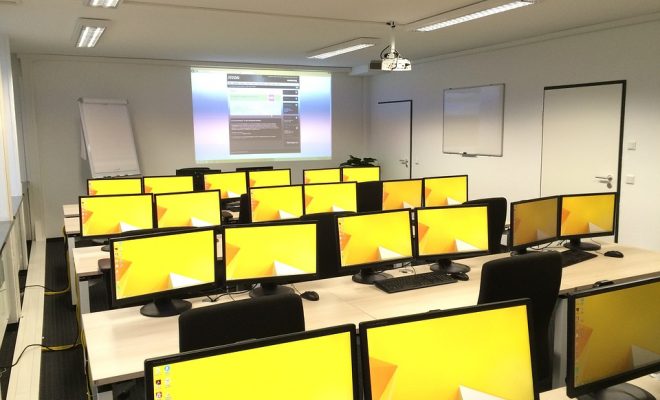The Difficult Intersection of Low Literacy and Limited English Proficiency

We already know that in the United States, there are a variety of languages other than English spoken in homes. But let’s go even deeper than that and look at the levels of literacy in the home language. Low levels of home-language literacy occur for a number of reasons. L. Reese, Thompson, and Goldenberg have discussed how literacy development for children whose primary home language is not English is influenced by the use of language in both the home and community, by opportunities for literacy-based experiences in the community, and by many, many other factors.
All of these factors make the placement of students who are English language learners (ELLs) in American schools rather complex. Sometimes, students who are not literate in their home language are misidentified as special needs students. Often there is a catch-up process before students can be appropriately placed in any classroom, even if the subject is being taught in the native tongue.
Age alone cannot determine placement. Lack of education in their countries of origin complicates the determination of how best to approach the education of some language-minority students. Still, they must begin at their own levels, which may be lower than the grade level appropriate for their age, to ensure they have equal access to a fair and appropriate education.
To understand the variations in ELL students, let’s look at Abraham Maslow’s theories. They are valuable and widely used in this area.
Maslow introduced his concept of the hierarchy of needs in a paper entitled, “A Theory of Human Motivation,” (1943) and in his book Motivation and Personality (1954). In the hierarchy of needs, he suggests that individuals are biologically driven to satisfy their most basic needs before considering higher level ones. Modern conceptions of the hierarchy usually depict it as a five-tier pyramid, with the lowest levels of individual needs displayed at the bottom and more advanced needs sitting at the top.
At the lowest level are basic biological needs such as water and sleep. An individual has to satisfy these basic needs before moving to the next level of safety and security. Moving up the pyramid, needs become more social, and soon the need for friendship and love begin to take precedent. As an individual moves toward the acme of the pyramid, the need to succeed in life takes priority, which is an outgrowth of the need to develop and maintain healthy self-esteem. At the top of the pyramid is the need for self-actualization, or the desire to grow and live up to individual potential. Only a small percentage of society ever makes it to this stage.
It is important for a teacher to understand where a student falls in Maslow’s hierarchy of needs, because a key factor for success in any learning environment is the teacher’s perception of a student’s ability to learn.
Teachers’ perceptions about the language acquisition process are often based on misinformation. Many teachers mistakenly believe that students learn better if they are restricted to using only English in the classroom. Some teachers also believe that ELL students should be proficient after only a year or two of English instruction. In a survey conducted by the National Association for Bilingual Education (NABE), only 39% of the participants advocated allowing learners to use both English and their native tongues in the classroom. In the same study, 7% of teachers believed their students should be fluent after 2 years of ELL courses.
Students actually need 5 to 7 years to achieve proficiency in a second language. Also, the success rate for learning a second language grows dramatically with each passing generation. For example, a widely publicized report by the Pew Hispanic Center found that 88% of second-generation Hispanic children raised in the United States learned English by the time they were adults, despite the fact that more than 75% of their parents were not proficient in English. For third-generation children, 94% reported they were strong English speakers.
While a student is learning a functional level of English at school, many other factors play a role outside the classroom. Like most skills, language is not learned in a vacuum. If the student’s parents speak no English and are not learning English, the student will have little reinforcement at home to support the language learning process. The lack of regular practice of the language outside the classroom results in limited opportunity to apply what the student has learned. If students watch American television, play video games in English, or use Web sites constructed in English, they receive some reinforcement outside the classroom. These activities may even motivate students to learn English faster. Although it’s difficult to ensure that any English is used outside school, it’s impossible to ensure proper reinforcement for correct English. This is another reason many educators insist on an English-only classroom. If students frequently hear the language used incorrectly, it will be difficult for them to master correct usage of the language.
What do you think are some ways to handle the challenges of literacy and language use for non-native English speaking students? Feel free to comment below.




